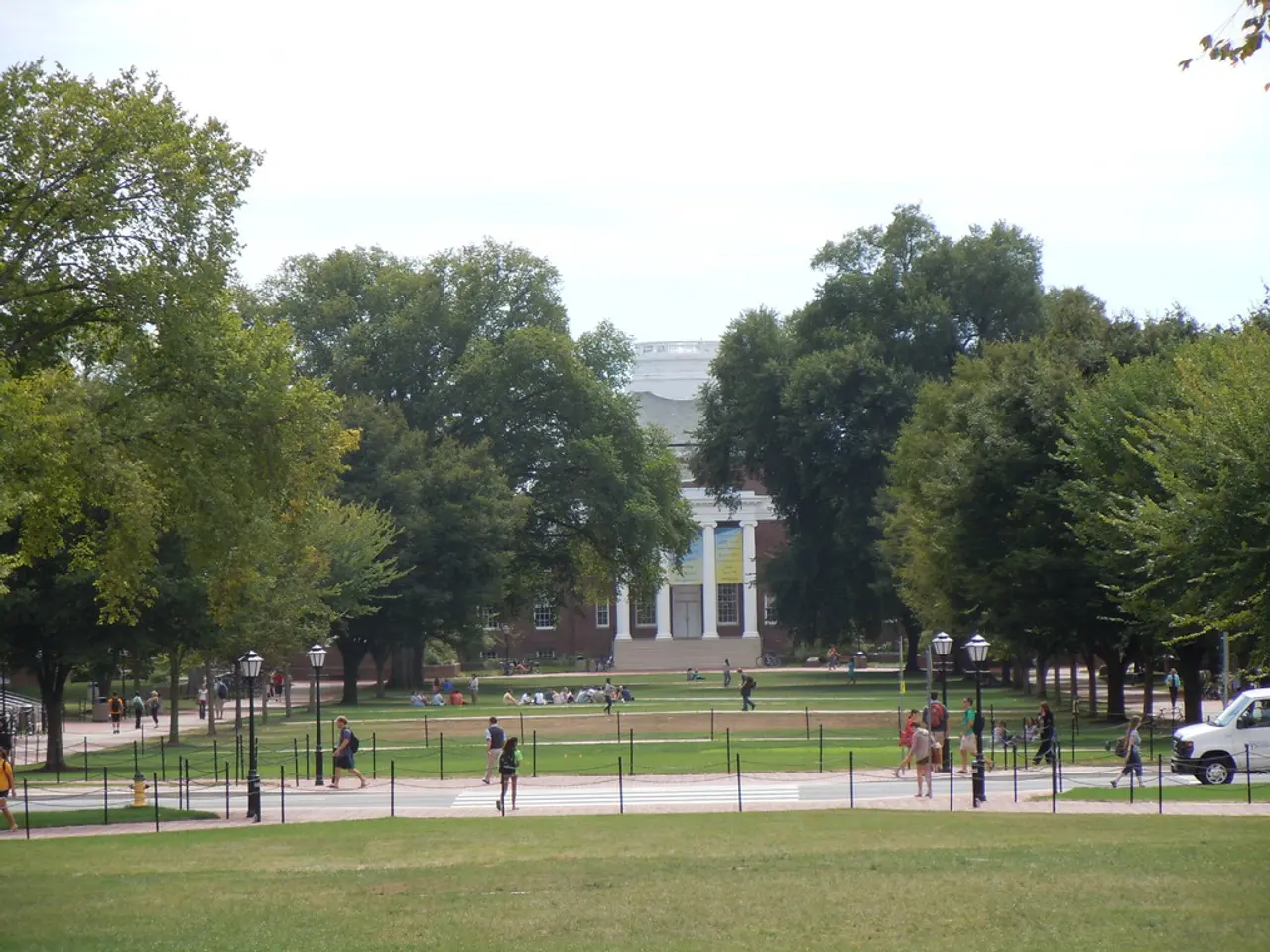Contributions of Students in Eco-Preservation: Brief and Extended Argumentative Writings
In an increasingly interconnected world, the future of our planet's environment rests heavily on the shoulders of the young generation. Today's students are not just passive learners but active participants and future leaders in environmental conservation.
From raising awareness and educating communities about environmental issues to adopting sustainable practices in their daily lives and educational institutions, students are making a significant impact. By forming or joining green clubs, they encourage environmental stewardship and peer-to-peer teaching, fostering a culture of conservation within their communities.
Practical actions taken by students are diverse and far-reaching. Adopting small habits such as waste segregation for recycling and composting, mindful energy use, minimising water waste, and choosing eco-friendly products and containers are simple yet effective steps towards a greener future. Organising events like food days to promote natural products, water bottle recycling campaigns, tree planting, local clean-ups (parks, rivers, beaches), and urban gardening initiatives help restore and protect ecosystems while instilling responsibility.
Students also recognise the importance of advocacy. They can campaign for renewable energy adoption, such as the installation of solar panels, and push for greener school policies, like waste management programs. Participating in environmental education programs with direct activities, such as water quality testing and biodiversity studies, deepens understanding and promotes stewardship of local waterways and natural habitats.
Moreover, students are innovators. They design apps, eco-friendly products, and find ways to repurpose waste, demonstrating their potential as future leaders in environmental conservation. Engaging in research, science fairs, and competitions, they develop innovative solutions for pollution control, renewable energy, upcycling of waste, and sustainable agriculture, shaping future environmental leadership.
The collective voice of students holds power in advocacy and policy-making for environmental change. Their passion and unwavering commitment to environmental conservation are crucial for addressing environmental issues and shaping a sustainable world for future generations. As the generation who will disproportionately bear the consequences of environmental decisions made now, students have a direct stake in advocating for a liveable future and climate justice.
Supporting students' efforts in environmental conservation tackles immediate concerns and invests in a sustainable planet for future generations. When practiced widely, these efforts have significant cumulative impact on resource conservation and biodiversity protection. The future of the planet's environment relies significantly on the involvement of students, and it is inspiring to see them rise to the challenge.
Students contribute to the field of environmental science by adopting sustainable practices in their daily lives and advocating for green policies in education and self-development. By designing innovative eco-friendly products and educating communities, they demonstrate their potential as leaders in environmental-science and shape a sustainable future for all.




